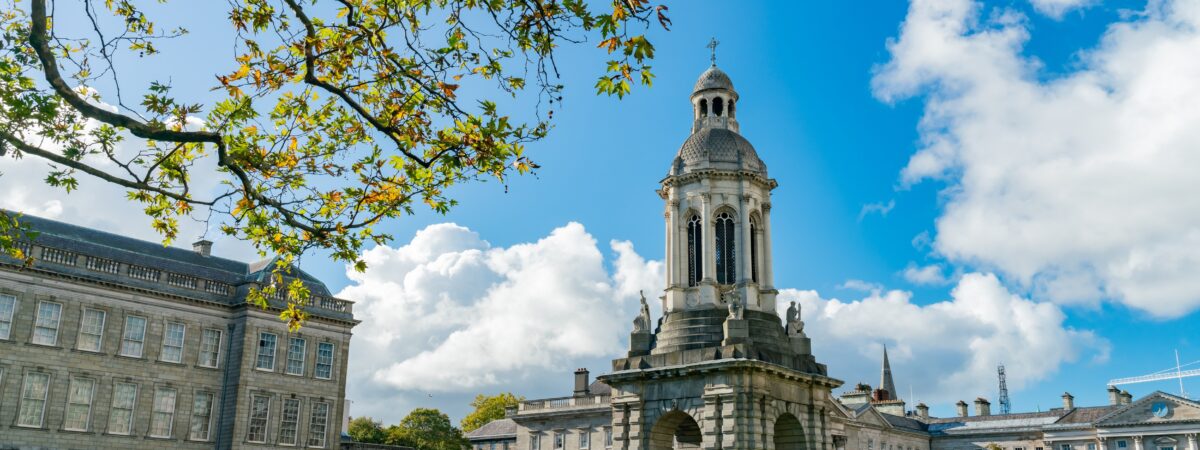
What if Ireland’s peat bogs were the answer to climate change and disease? That’s what a scientist at Trinity College Dublin seems to think. The establishment has just embarked on a brand new project entitled “Unlocking Nature’s Pharmacy from Bogland Species”. For the university, the aim is to reveal the greatest secrets of this environment and to respond to medical and environmental issues.
On November 10, 2020, Dublin University announced that it had received over €6 million in funding to kick-start an innovative and groundbreaking study project. A project to discover the untapped pharmaceutical potential of Ireland’s historic peatlands.
Considered a pioneer in the field, this project was motivated by one scientist: Dr. Helen Sheridan, Associate Professor of Pharmacy and Pharmaceutical Sciences, Director of the NatPro Centre for Natural Products Research and Fellow of Trinity College.
She seems convinced that peatlands are a potential answer to the fight against disease and climate change.
All that remains now is to prove it. To achieve this, the study will focus on native peatland plants, the water they contain, and the microbiome of endemic species.
The general public is aware of the threat to the world’s tropical forests, the reduction in biodiversity and the potential disappearance of undiscovered medicines and natural molecules. The same threat to biodiversity applies in Ireland, particularly to our peatlands, which are an enormous resource and a national natural heritage.
These ancient, rich and fertile landscapes are the sole guardians of a unique and varied biodiversity that has accumulated over millions of years. said Dr. Sheridan
This study will focus on natural species with the potential to treat inflammatory, autoimmune, viral and neurodegenerative diseases. In addition, the project will aim to identify natural insect repellent and pest control solutions (for diseases such as – malaria, Chagas disease, Zika virus) and commercial products in the health and wellness sectors.
In the fight against climate change, the study will observe the equilibrium of Irish peat bogs, drawing inspiration from their functioning and gas exchanges in an attempt to identify new ways of slowing down the planet’s CO2 emissions.
An attractive project, already attracting interest from the national and international scientific community.